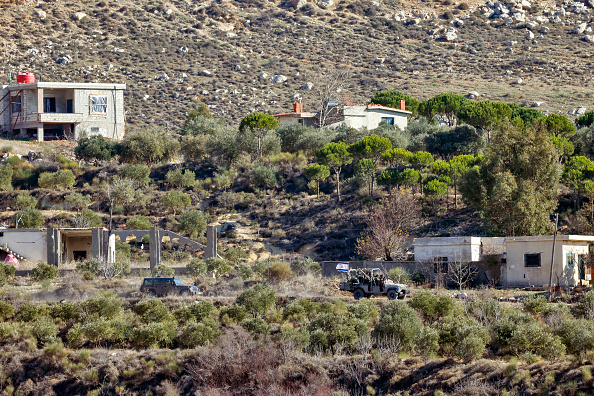Nighttime Infiltration by Israeli Settlers to Seize Syrian Lands

The operation was not spontaneous as the organizers tried to promote it. Those coming from "Samaria" - the biblical term used by Israel for northern West Bank - crossed the border in their vehicles near the settlement of "Alon Habshan" which Israel established on the ruins of Syrian villages in the Golan in 1981. They intended to stay for a long time, even planning to bring more settlers later.
However, the occupying army, which claims it "foiled" the attempt, treated it as if it were a minor traffic violation. They safely returned the infiltrators back inside the Green Line and promised a superficial investigation with them. A brief military statement described the incident as "serious" and "endangering lives," but avoided any mention of violating Syrian sovereignty.
Notably, the organizers who call themselves "Pioneers of Habshan" did not hide their ambitions. They openly stated that this is just the beginning, and they hope to gain official support in the future. Their words did not come from a marginal group, but rather just days after Israeli Prime Minister Benjamin Netanyahu's statements about his "commitment to the vision of Greater Israel."
The scene is not without tragic irony. While the settlers were attempting to cross the border, the occupying forces continued their usual violations in Quneitra and Daraa. Gunfire at civilians, house searches, detaining youth - all of this under the watchful eyes of the world.
The incident is not just a fleeting provocation, but part of an integrated fabric to create new realities on the ground. It serves as a reminder that the Israeli settlement machine does not recognize borders, nor is it satisfied with Palestinian lands, but seeks to expand the circle of occupation based on biblical maps.
The Syrians face these challenges alone, while the world is preoccupied with other conflicts and intertwined interests.
Night in the Golan may return again, and the settlers may try once more. But the land remembers its true inhabitants, and history records that occupiers, no matter how long they last, will one day depart.